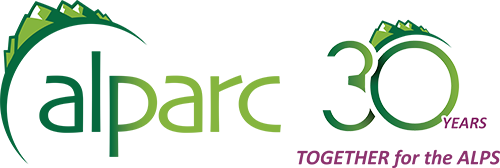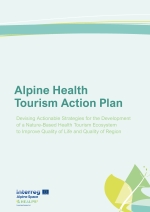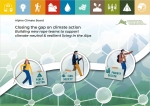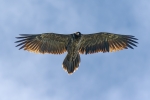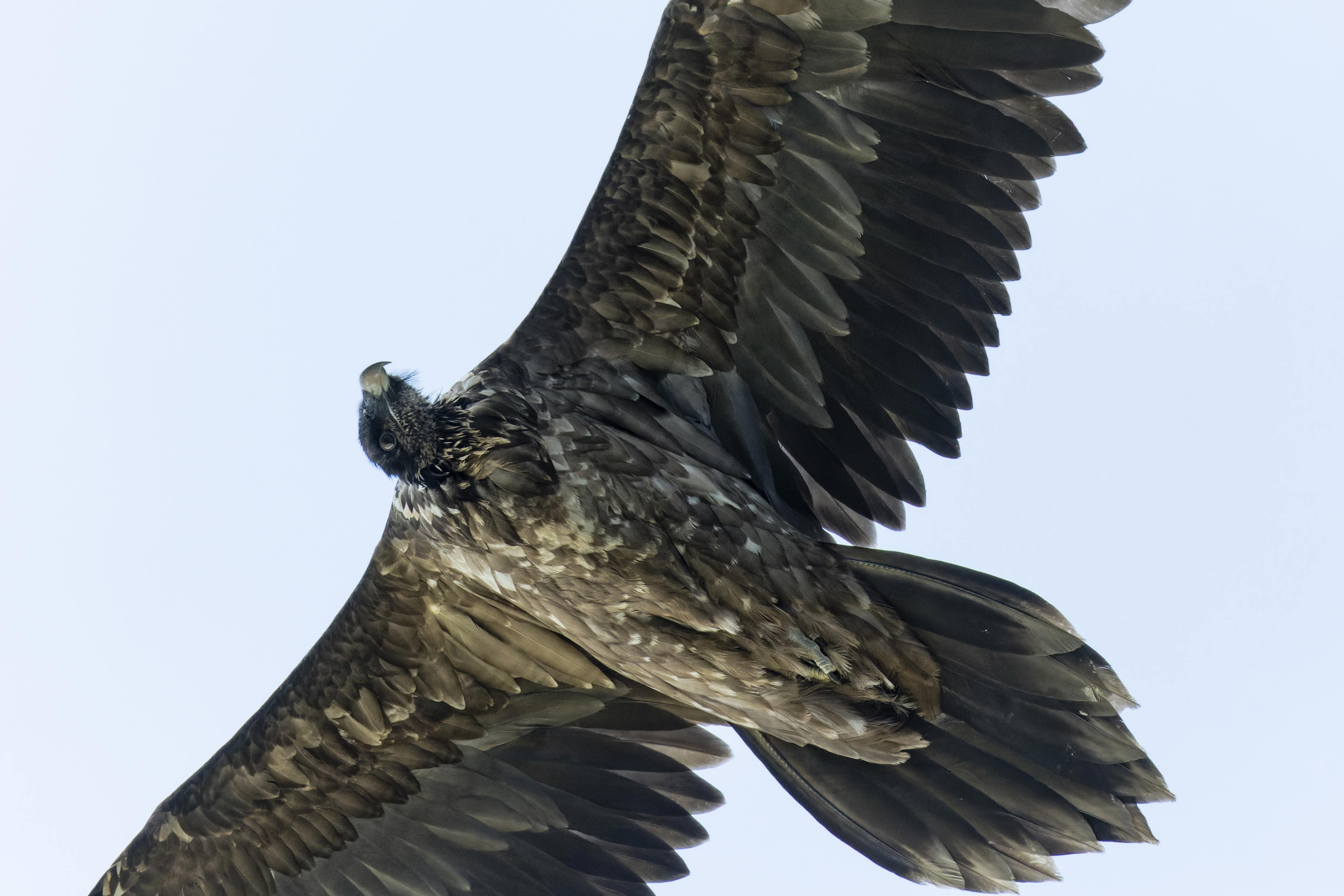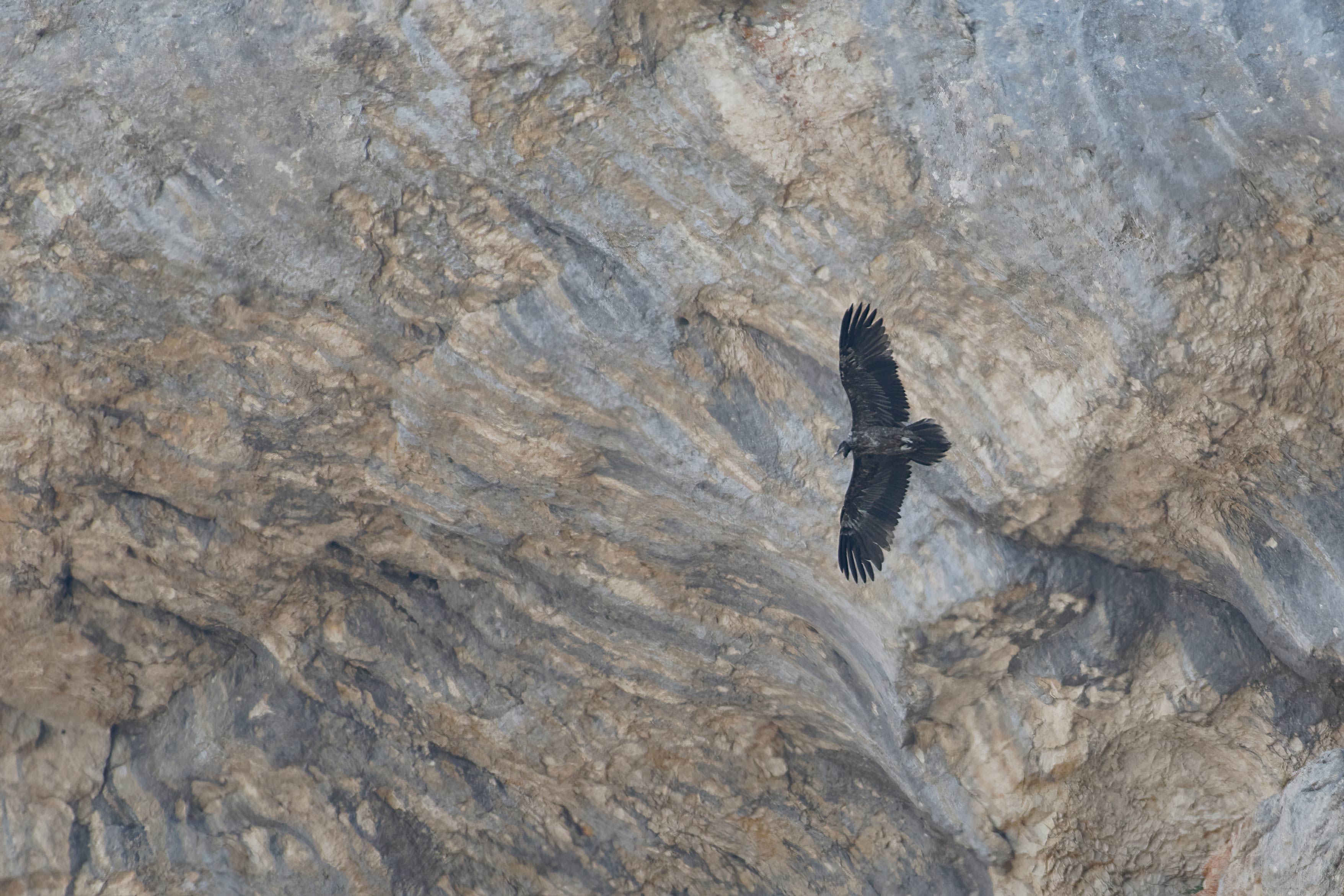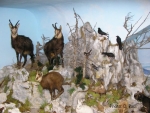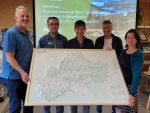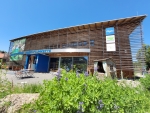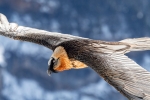The protection and conservation of biodiversity is one of the great challenges of our time and is one of the goals and tasks of protected areas such as national and nature parks or European, nature or landscape protection areas. Depending on the country and protection category, there are different requirements and approaches. The spectrum of activities ranges from information campaigns to bans, from environmental education offers to research projects, from species monitoring to visitor guidance measures.
One of ALPARC’s and its new regional platform ALPARC CENTR’ALPS’ goal is to make this diversity more usable.
The task of ALPARC, the network of Alpine protected areas, is to support such cooperations. In order to ensure greater proximity to the actors and to be able to better integrate smaller structures, ALPARC has created the regional platform ALPARC CENTR'ALPS which is located in the German Nagelfluhkette Nature Park in Immenstadt i.Allgäu.
In order to discuss possible areas of future cooperation and concrete implementation possibilities, a workshop took place in Immenstadt, which was organized by ALPARC CENTR'ALPS together with the Nagelfluhkette Nature Park. Among the participants were long-standing ALPARC members from Germany, Austria and Switzerland as well as representatives of protected areas that had not been active in the network until now. The fact that cooperation is by no means a self-runner was an important message from ALPARC President Peter Oggier: "You are all the network, and it is your contributions that make our joint network active and successful," he told the participants right at the beginning.
Important future topics for the joint work were identified, e.g. how different stakeholder groups can be integrated into the work of the protected areas in a suitable way, how digital visitor guidance succeeds, or how results of management measures carried out can be measured and presented in an appealing way. With regard to the important task of species monitoring, it was agreed to bring together existing data on a supra-regional basis. The participants also agreed that much more emphasis should be put on the results of existing projects.
